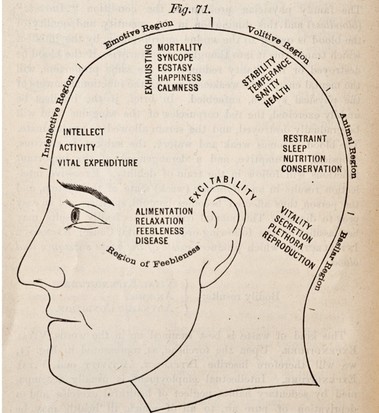Welcome to the Wakefield Doctrine (the theory of clarks, scotts and rogers)
This is the Wakefield Doctrine’s contribution to the Ten Things of Thankful (TToT) bloghop. Founded in 1989 by (putative) step-niece of CS Lewis, the TToT continues as the preeminent, [Latin: nominative praeeminens; to rise above, project forward, attract others by force of humility, itself a seeming contradiction, if not oxymoron.]
The idea (of this bloghop and most grat-blogs) is to look, see, accept and relate (to others) the people, places and things that incite, inspire, engender and otherwise cause a state of gratitude. (Or, maybe that’s backwards and it is the gratitude that identifies… whatever.) List. Ten. Things.
1) Phyllis (——————————————————————————————⇒)
2) Una ——————————————————————-⇑
3) the Wakefield Doctrine
4) the decision to let ground-cover be ground-cover, i.e. the Year of the Yard Meadow
5) the Unicorn Challenge bloghop This ya gots to read: ‘Waiting‘ by ceayr
6) the Six Sentence Story bloghop Six Pic of the Whee: (Untitled)
7) did we mention ‘the Wakefield Doctrine’ yet? damn, we did. anyway, as you can’t avoid hearing/reading if you come to this blog more than once, the Wakefield Doctrine, besides being as fun as sitting in an airline terminal with your two best friends and making droll/scandalous/catty remarks at the human river passing you as you wait for a relative to disembark, is a tool for self-improving oneself. We submit, as supporting evidence of the beneficial effect of recognizing one’s secondary and tertiary aspects: Grat #6 (or implications thereof)
8) something, something
9) First child of the Uncertainty Principle, change and opportunity are the original double-edged sword, no? Although never explicitly denied, (though cool as the thought-experiment, referred to as Schrödinger’s Cat remains to this day), the possibility exists that maybe there was a third outcome, whereby the cat becomes a zombie.
10) Secret Rule 1.3 (which states, in part, “…[t]he item in a List that implies there are less un-claimed Items than currently extant in (said List)’ having evoked a sense of relief (sic) at nearing completion, can be cited (ibid. op. cit.) as an Item. by Practice and Convention, placement for such supra-collation indicia Number 10. binyons.” BoSR/SBoR 1989-2024.
*
music vids
*
*
*
*












